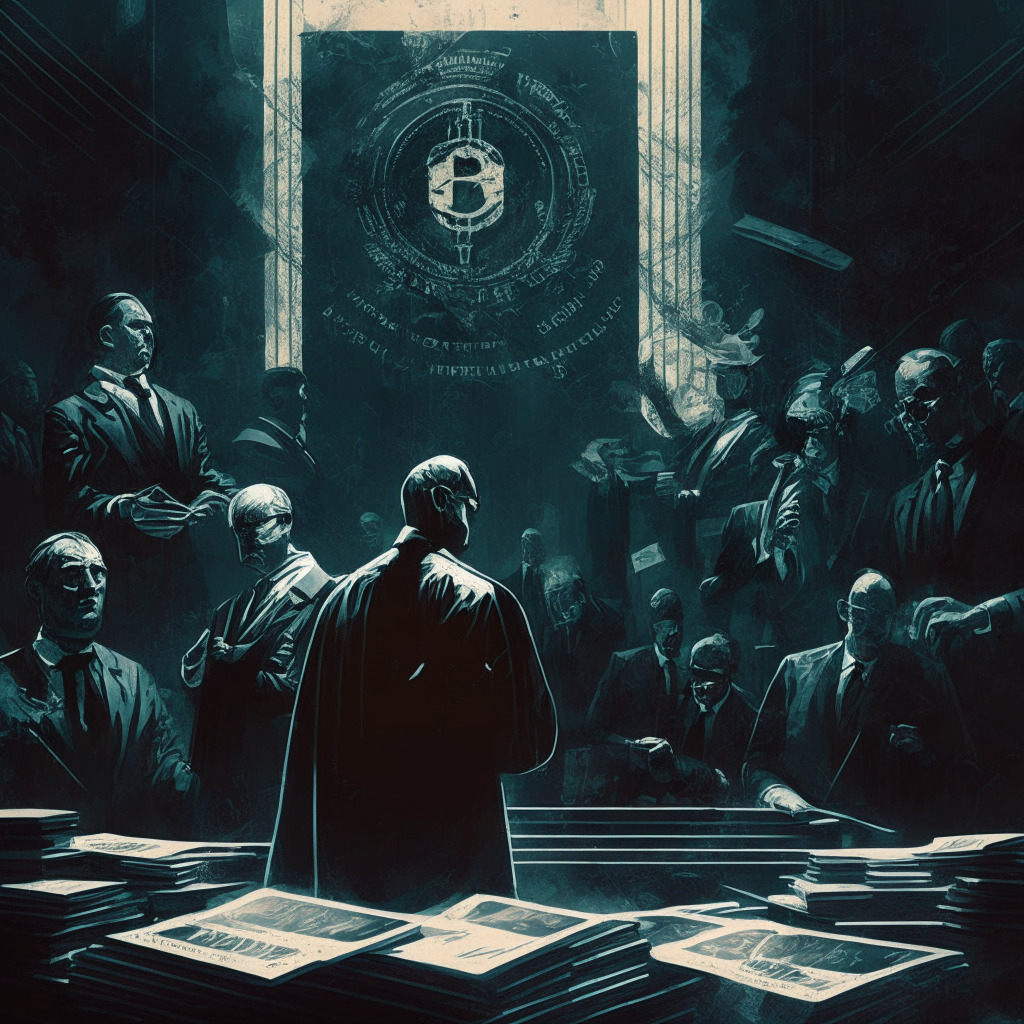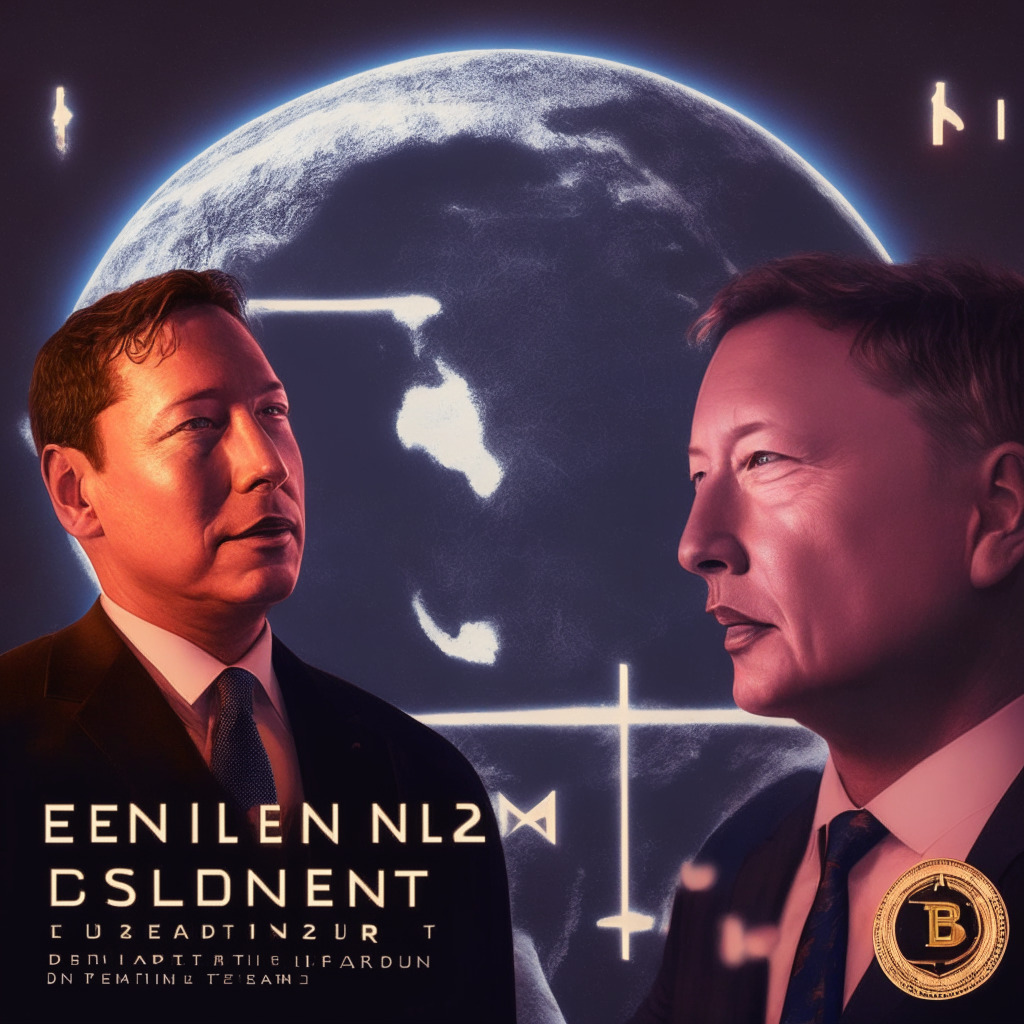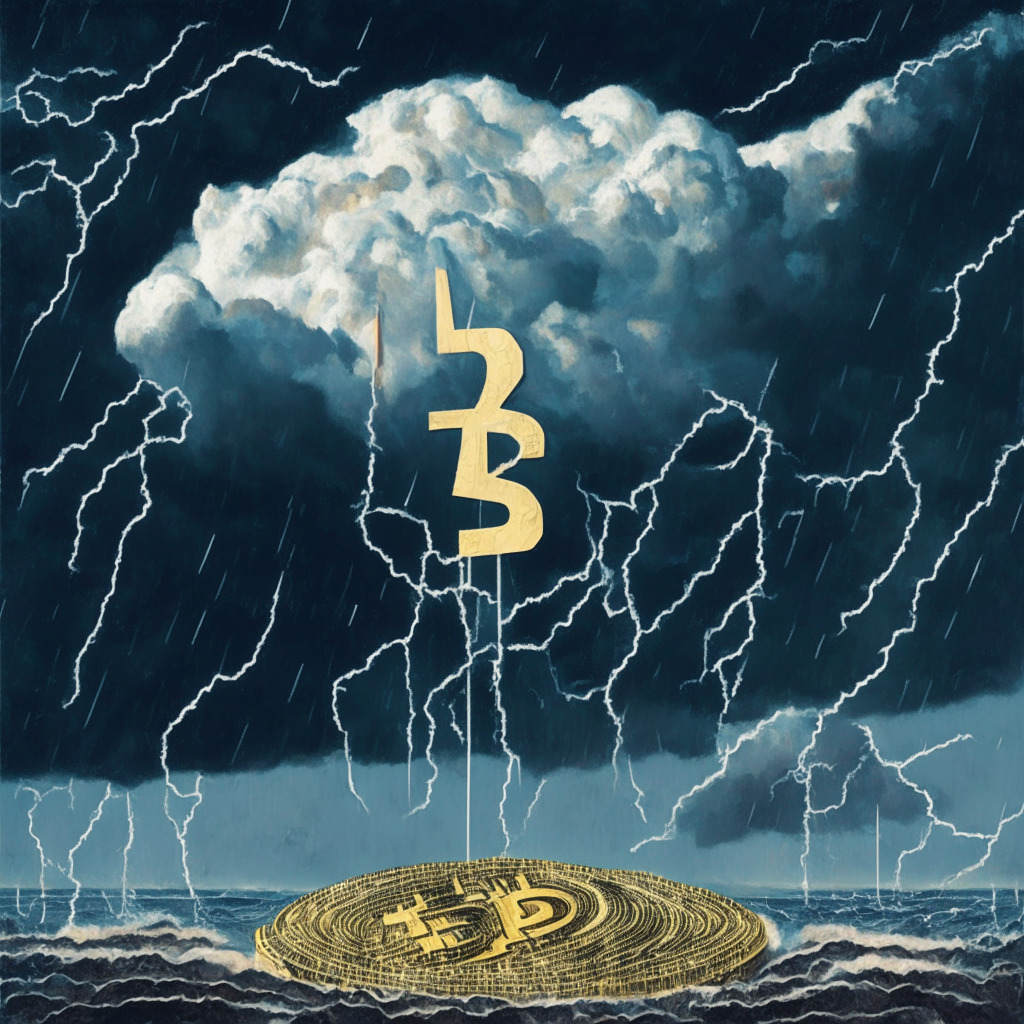The Montenegro Basic Court recently found Terra co-founder Do Kwon and former CFO Han Chang-joon guilty in a passport forgery case. The court’s decision sentenced both individuals to four months in jail, with the time spent in custody from March 23 to June 15 included.
Despite being granted bail by the Montenegro High Court, South Korea’s request has led to an extradition custody order, set to last up to six months. Kwon and Chang-joon argue they were unaware that the passports they used, acquired under the economic citizenship program, were fake. The two have traveled worldwide with Costa Rican and Belgian passports, which they claim came from legitimate sources. Kwon even revealed how he gained passports in Singapore.
While the lawyer representing Kwon and Chang-joon says it’s too early to discuss their possible extradition, a Montenegro High Court is considering expediting the process. As the situation unfolds, followers of crypto regulation developments keep their eyes on Montenegro’s legal proceedings involving the Terra co-founder and former CFO.
Kwon and Chang-joon’s case raises several questions regarding the role of cryptocurrencies and the regulatory landscape. How do authorities manage cases where traditional legal systems intersect with the digital realm? Additionally, the topic of passports and citizenship granted through investment raises ethical questions, particularly when the source of funding may come from digital currencies.
As countries like Montenegro grapple with legal and regulatory concerns, it’s crucial for government bodies, financial institutions, and individuals operating in the cryptocurrency ecosystem to understand the implications of their actions. In the face of uncertainty, stakeholders need to prioritize security, adhere to regional legal standards, and remain compliant with regulators’ expectations.
Crypto enthusiasts and the general public are reminded to stay vigilant with personal information and financial transactions. The fast-paced nature of the digital world requires individuals to prioritize safety and maintain a keen eye on risks. As Kwon and Chang-joon’s case unfolds, the crypto community is left with essential lessons on transparency, accountability, and the importance of operating within regulatory boundaries.
In an environment where cryptocurrencies meet traditional legal systems, the intricacies of regulations can be challenging to navigate. Global recognition, cooperation, and synchronized efforts between authorities, token-holders, and exchange platforms are necessary to achieve the desired level of security and transparency.
Source: Coingape




